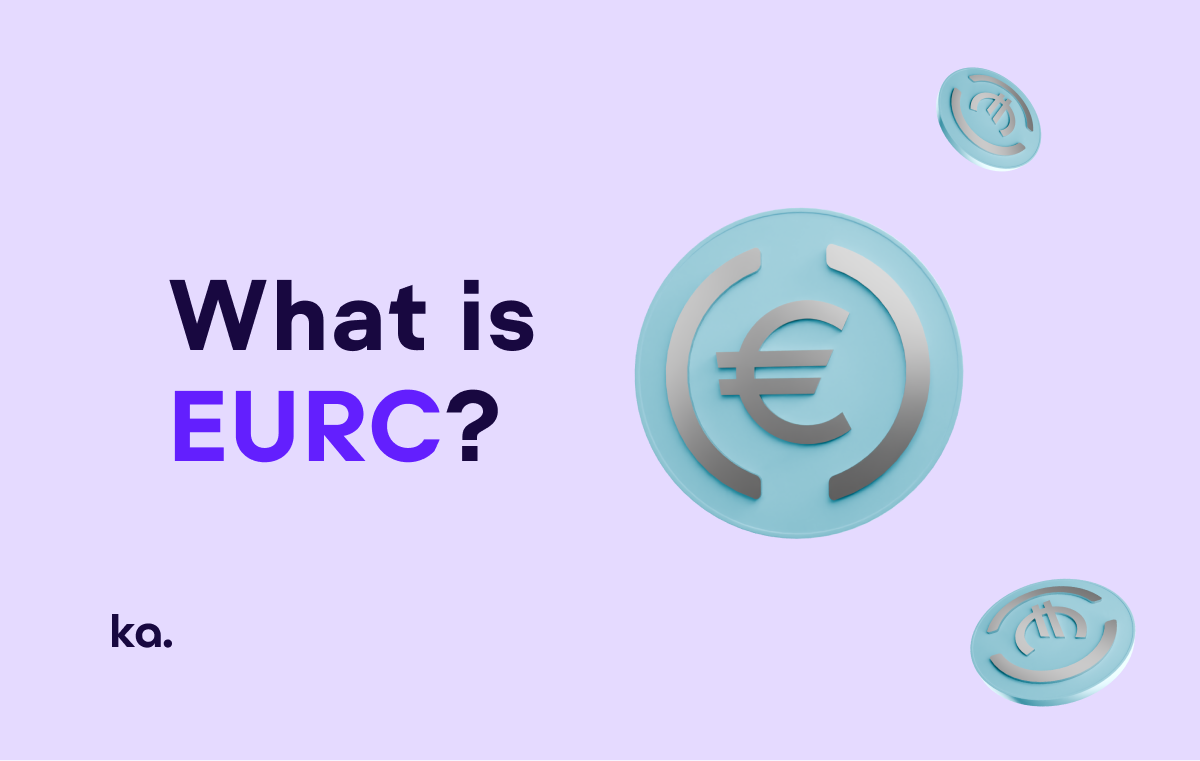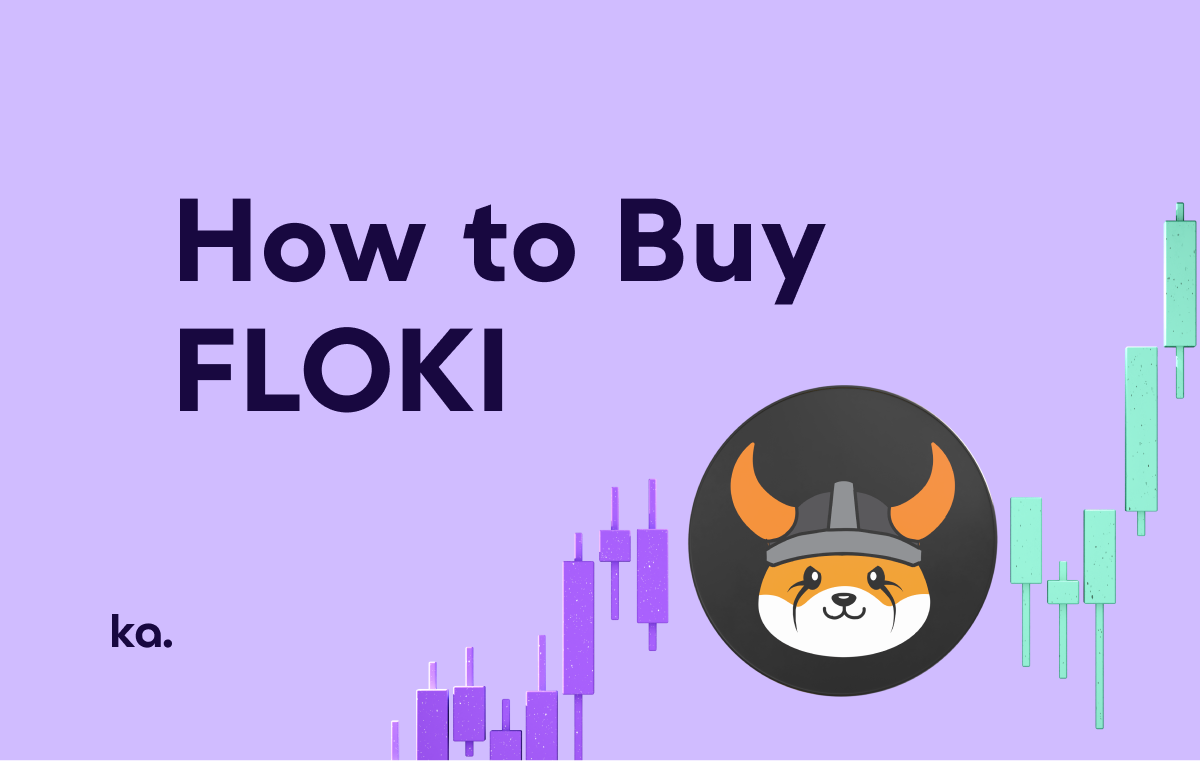
India is a rapidly growing crypto economy. In fact, it ranked first in the 2023 Global Crypto Adoption Index by Chainalysis, a huge jump from its fourth ranking last year. It was also hailed as the world’s second-largest crypto market, with approximately $268.9 billion worth of transactions between July 2022 and June 2023.
Having said that, if you’re new to crypto and are interested in buying crypto and Bitcoin (BTC) in India, this article can serve as your guide.
Crypto Usage in India
In April 2018, the RBI ordered financial institutions to cut off all ties with individuals or businesses dealing with cryptocurrencies within three months. This ban led to a drop in trade volumes and crypto exchanges shutting their businesses in the country.
The crypto trading prohibition was overturned by India’s Supreme Court in 2020, enabling banks to handle crypto transactions from traders and exchanges. This change led to a significant boost for the Indian crypto market, reaching a valuation of US$150.214 million in 2020.
Meanwhile, many Indians who lacked access to conventional banks found crypto as an effective alternative. These digital assets enable quicker, more cost-effective financial transactions, especially for cross-border initiatives, such as crypto remittances.
In the gaming realm, crypto, especially non-fungible tokens (NFTs), also play a transformative role. NFTs, representing tradable in-game characters, rejuvenate the online gaming sector in India. Many online platforms, including esports and casinos, now accept crypto, simplifying activities like playing poker.
4 Common Factors Fueling the Growth of Crypto in India
Some contributing factors to crypto’s continuous growth in India are as follows:
1. Youth Population and Tech Enthusiasm
A large segment of India's population consists of young, tech-savvy individuals. Their inclination towards innovation makes them more receptive to financial trends like crypto.
2. Growing Awareness Through Media
The meteoric rise in BTC’s value garnered global attention, drawing investors worldwide. Such extensive media coverage sparked conversations in India, enlightening more Indians about crypto.
3. The Rise of Crypto Platforms & Exchanges
Post the ban's lifting, crypto enterprises rose in India. Exchanges and apps similar to Cash App made it easier for Indians to buy, sell, stake, and send crypto or Bitcoin. Some of these platforms also provided resources that made it easier for Indians to understand crypto.
4. Investment Opportunities
A lot of Indians are interested in earning opportunities. And since the crypto market offers various ways of earning substantial returns, Indians are showing interest.
The Future of Crypto in India
Although crypto users in India are facing regulatory challenges, especially around taxes, the future of crypto appears promising in the country. A Statista report predicted that the number of users in India would reach 328.70 million by 2027. Also, another report states that the Web3 and blockchain industry could add $1.1 trillion to the country’s gross domestic product (GDP) by 2032.
Where to Buy Crypto in India?
There are different ways to buy crypto in India legally. The most common ones include:
1. Crypto Wallets and Payment Platforms
Some crypto wallets and payment platforms contain easy-to-use buy crypto functionalities with several payment methods to choose from. For instance, in Ka.app, a crypto payment app, you can buy crypto through wire transfers and using your credit or debit card.
If you’re interested in using Ka.app, sign up here. We’ll also provide a step-by-step guide on how you can buy crypto using this platform below.
2. Crypto Exchanges
Crypto exchanges are digital marketplaces where you can buy, sell, and trade a variety of cryptocurrencies. They serve as a secure platform for users to conduct crypto transactions and play the role of intermediaries between buyers and sellers. In India, some prominent crypto exchanges include WazirX, ZebPay, and CoinDCX.
You must set up an account to purchase crypto on these platforms, and deposit cash like Indian Rupees (INR) through a bank transfer or other accepted payment methods. With funds in your account, you can explore the exchange's crypto offerings, and then convert cash to crypto.
Please note that crypto exchanges may offer different order types, such as market and limit orders, allowing you to tailor your purchasing strategy.
3. Crypto Automated Teller Machine (ATM)
There are two crypto ATMs in India as of 2023. One is located in Delhi, and the other one is in Gurgaon. As its name suggests, this machine allows you to buy and sell crypto using cash. Often resembling kiosk-like structures, crypto ATMs utilise blockchain technology and use QR codes to transfer crypto to or from your crypto wallet. Unlike traditional ATMs, crypto ATMs aren't linked to banks and don't need your bank information.
To buy crypto through a crypto ATM, you must set up an account directly on the machine or with the ATM operator. This may involve scanning your ID and inputting personal details. When buying, the ATM may require you to scan a QR code to connect your wallet address to the machine. Then, you may be asked to enter the amount of crypto you want to buy and insert cash for payment. In return, you'll receive the crypto equivalent of your payment in your wallet, minus the ATM fee.
4. Over-the-Counter Agencies or Individuals
OTC crypto trading has been gaining momentum in India lately. This method usually attracts large investors because it takes place outside standard exchange platforms. In OTC crypto deals, agencies or individual parties complete buy and sell transactions directly, and you can transfer crypto without leaving a trace. Some even leverage it to bypass India's crypto-related taxes.
Choosing OTC crypto trading over exchange-based trades may offer enhanced privacy, increased transaction thresholds, and a shield from the notorious market fluctuations of the crypto world.
To do an OTC trade, you must reach out to an agency or OTC provider, understand their buying requirements, and negotiate the terms of your crypto transaction.
How to Buy Crypto & Bitcoin in India via Ka.app
As mentioned above, here’s a step-by-step guide on how you can quickly and easily buy crypto in India using Ka.app:
Sign up on Ka.app and pass the Know Your Customer (KYC) checks.
Log in on the platform.
Once you’re on the home page, click the Buy icon.
Select the crypto you want to buy (e.g., BTC or the KASTA token.)
Enter the amount of crypto you want to purchase.
Select your payment method (i.e., debit/credit card, bank transfer, etc.)
Enter your PIN code to confirm the transaction.
Wait for the purchased assets to reflect in your wallet.
The Bottom Line
With a tech-savvy and investment-curious population, India has demonstrated an impressive aptitude for adopting emerging financial trends. And with the options available for buying crypto in India today—from crypto wallets and exchanges to crypto ATMs and OTC agencies—it will be easier than ever for people who are interested in crypto to start their crypto journey.
FAQ
Is buying crypto legal in India?
Buying crypto is not illegal in India, but it’s good to know that using digital currencies as a payment method is still unregulated.
How long does it take to buy crypto in India?
It depends on the platform you will use. For some crypto payment apps like Ka.app, it usually takes just a few seconds.
Is it safe to buy crypto & Bitcoin in India?
It’s safe to buy crypto and Bitcoin in India using a reliable platform. Be sure to choose a platform with strong security measures, and practice other safety protocols yourself. These include using strong and unique passwords, avoiding public Wi-Fi networks when accessing crypto, updating your software regularly, enabling two-factor authentication (2FA), and staying vigilant against phishing attacks, among others.
How much tax does India require for crypto transactions?
India’s Finance Act 2022 recognised Virtual Digital Assets (VDAs) for the first time and introduced taxes on cryptocurrencies. A 30% tax applies to profits from selling, exchanging, or using VDAs, including crypto, without distinction between short-term or long-term gains. Investors cannot offset losses from VDAs against other profits or carry them forward.
Additionally, a 1% Tax Deducted at Source (TDS) is mandatory on VDA transactions. While exchanges might withhold this for the user, in peer-to-peer (P2P) transactions or on international platforms, the investor must deduct and submit the 1% TDS independently.












